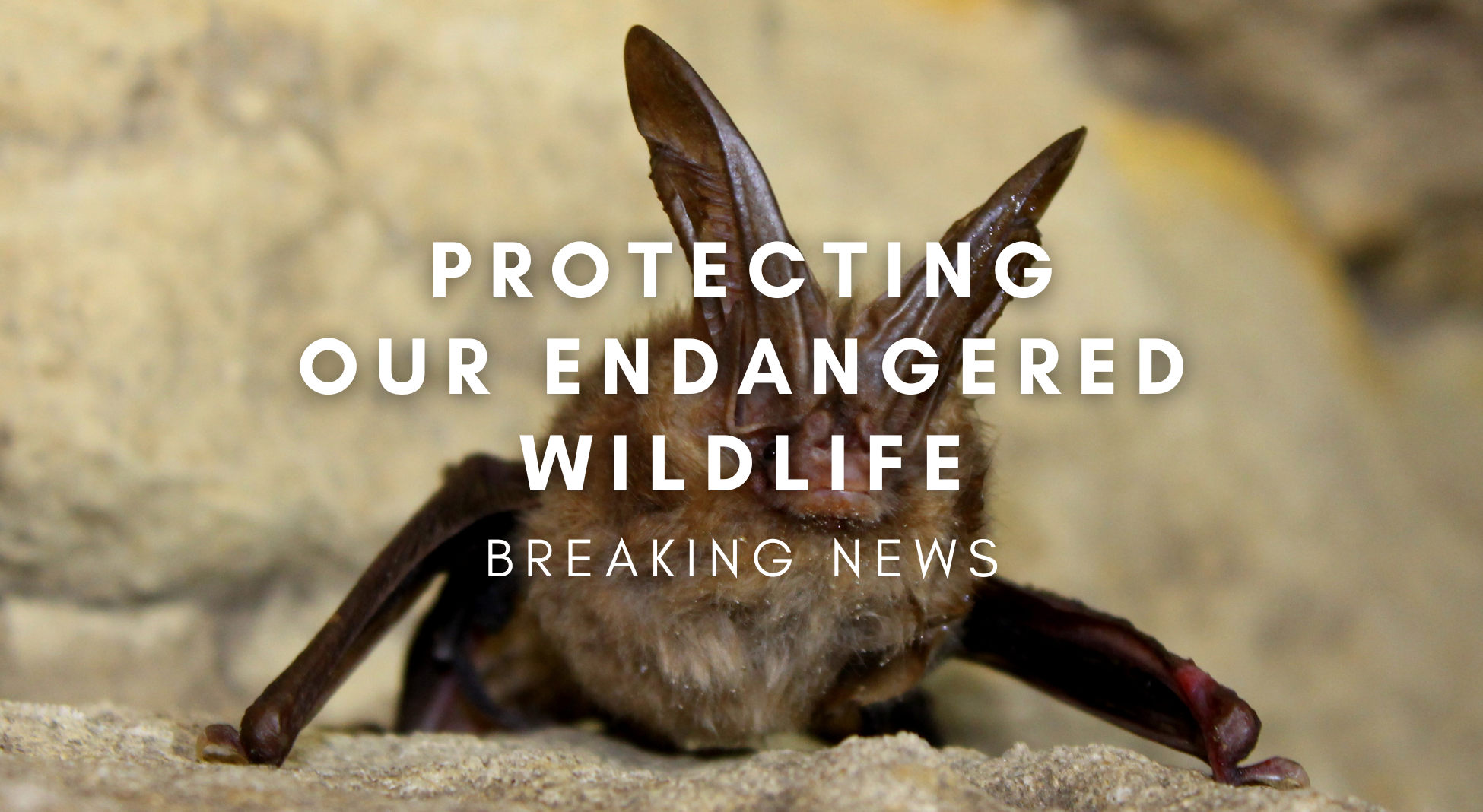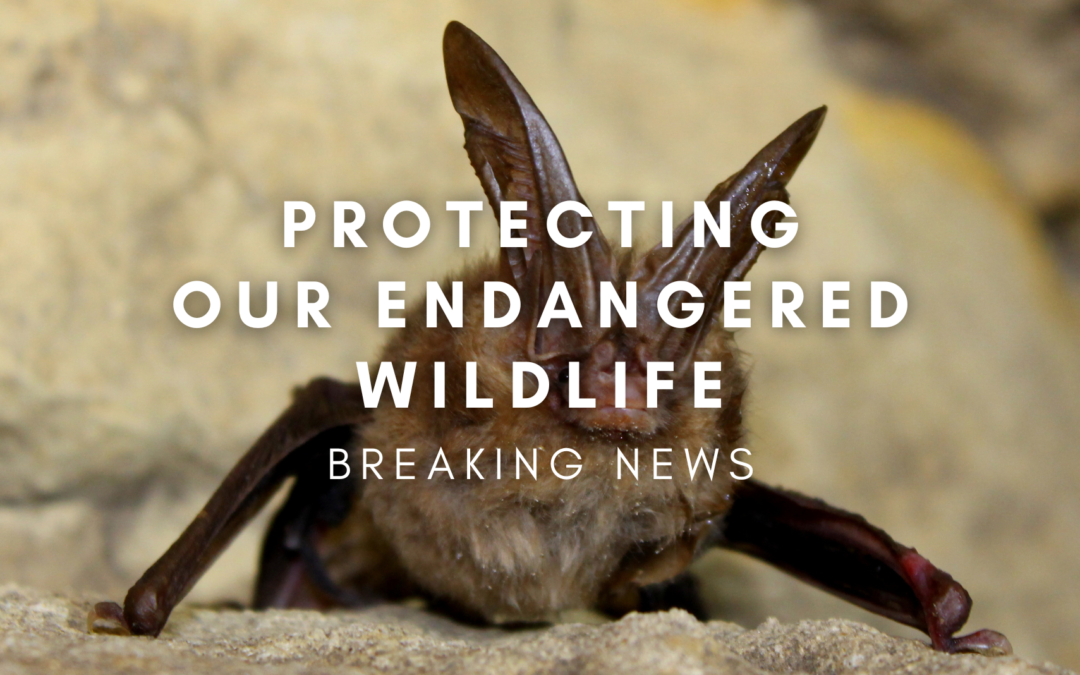Letter to Our Members: We’re Going to Court to Protect Endangered Wildlife
On Thursday, April 18, MountainTrue, in collaboration with our partners at the Southern Environmental Law Center, the Sierra Club, Defenders of Wildlife, and the Center for Biological Diversity, filed a lawsuit against the U.S. Forest Service and the U.S. Fish and Wildlife Service for violations of the Endangered Species Act committed during consultation and development of the Biological Opinion on which the Nantahala-Pisgah Forest Plan relies. This legal action seeks to protect endangered wildlife that are threatened by the new Forest Plan, which prioritizes commercial logging in habitat that is critical for the survival of several species.
Our decision to pursue litigation was not made lightly. After our previously issued Notice of Intent to Sue—a mandatory precursor under the Endangered Species Act—was filed last July, it became clear that the Forest Service was not going to take steps to correct its failures. Despite our extensive efforts to work collaboratively with the Forest Service to produce a balanced and scientifically sound plan, we are again forced to go to court to seek the changes necessary to protect endangered wildlife. This is MountainTrue’s commitment to protect our diverse ecosystems and the communities that cherish these forests.

Our members and supporters power our Resilient Forests program. Donate today, so we can continue to protect our old-growth and mature forests, which are critical habitats for many endangered and threatened species.
Photo of a Virginia big-eared bat by Larisa Bishop-Boros – Own work, CC BY-SA 3.0
The flawed Forest Plan jeopardizes not only the endangered northern long-eared bat, Indiana bat, Virginia big-eared bat, and the gray bat but also impacts species like the little brown bat and the tricolored bat, which are currently being considered for the endangered species list. Our lawsuit aims to rectify the inaccuracies, incomplete data, and flawed analysis that underpin the current plan, ensuring a more sustainable future for these critical habitats and the wildlife that dwell there.
To be clear, our goal with this lawsuit is not to stop logging on the national forest. However, we believe logging should be limited in areas known to be used by endangered bats. Unfortunately, the new forest plan allows run-of-the-mill logging in many of these areas without even looking for endangered wildlife.
Our Resilient Forests program, powered by the support of our members and donors, is essential in this fight. We thank you for your generous support. Every donation helps us work to protect old-growth, mature forests, and critical wildlife habitat.
The path ahead is challenging, but with you by our side, we can continue to advocate for a forest management plan that truly reflects the ecological and communal values we stand for. The future of the Nantahala and Pisgah National Forests depends on our collective action.
Thank you for standing with us,
Gray Jernigan
Deputy Director & General Counsel

